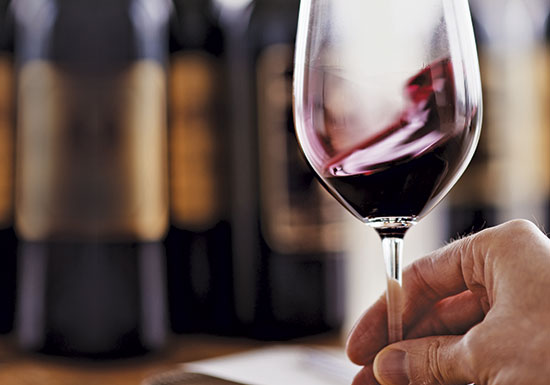Acidity and wine age – ask Decanter
Jim Boyce, Wolverhampton, asks: Can you settle an argument about acidity and wine age? A friend says that acidity will remain constant, but I say that it will soften. Who is right?
Stephen Skelton MW, for Decanter, replies: In technical terms, the level of acidity in bottled wine remains almost constant with age. But that’s not to say that the perception of acidity on your palate does not change.
Esters can alter our perception of sharpness – they are compounds formed during ageing, due to the reaction between alcohol and acid in the wine. Tannins and phenolics are also responsible for making a wine taste harsh, and these will drop out as sediment as a wine ages and help to soften a wine’s taste.
Stephen Skelton MW is a consultant to the English wine industry and is involved with planting vineyards for the production of sparkling wine.
-
News: 200 year old ‘Napoleon wine’ up for auction
-
Read more notes and queries every month in Decanter magazine. Subscribe to the latest issue here
-
Got a question for Decanter’s experts? Email us: editor@decanter.com
Edited for Decanter.com by Laura Seal.
More questions answered:

Mystery wine fault – ask Decanter
Faults in wines are not always easy to define. We asked Rob MacCulloch MW to explain us a little more

Determining a wine’s weight – ask Decanter
A wine's 'weight' is a tricky tasting term that can be hard to define and assess. Expert wine taster, Michael

How to understand phenolic ripeness – ask Decanter
What exactly is phenolic? Justin Howard-Sneyd MW answers that question for Decanter.

How to chill wine quickly – ask Decanter
What's the quickest way to cool a bottle of wine?






